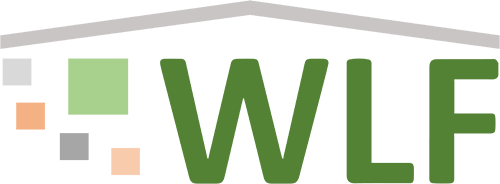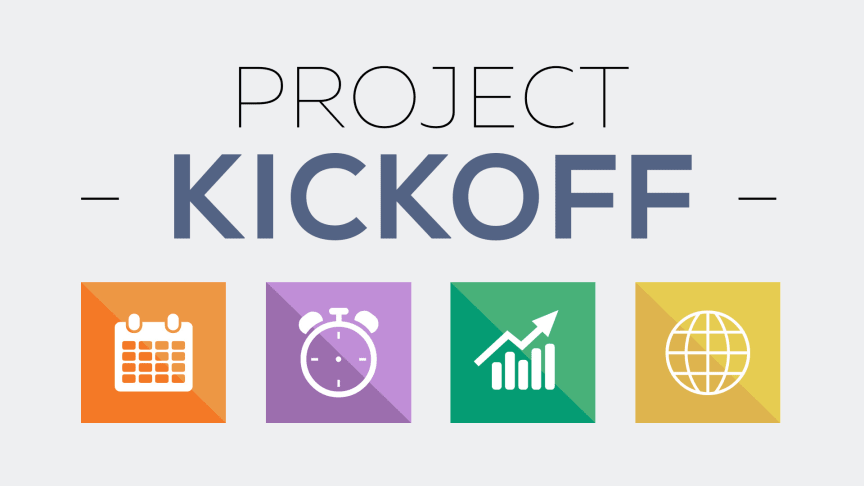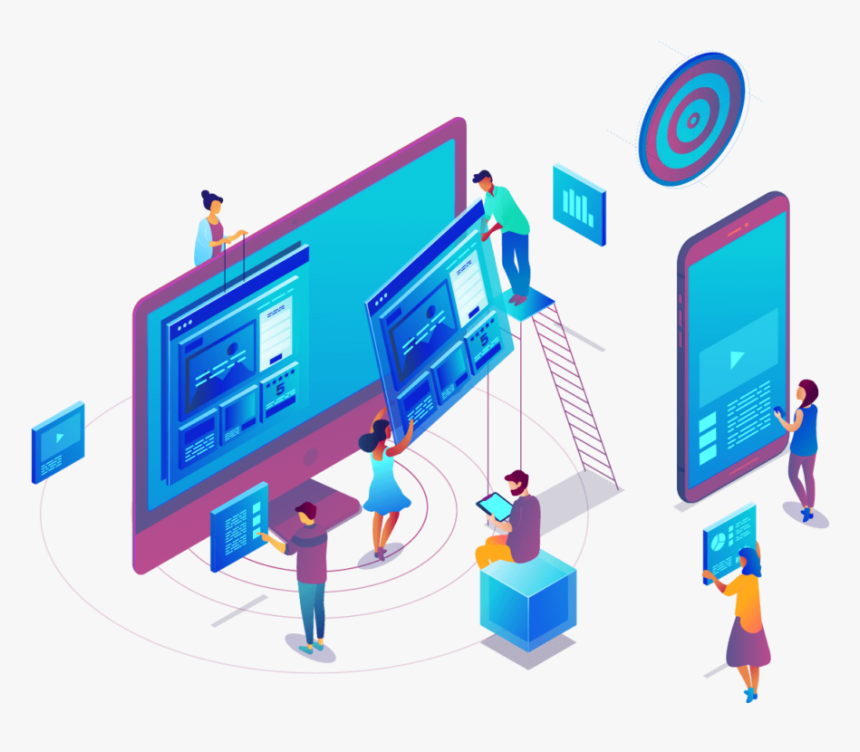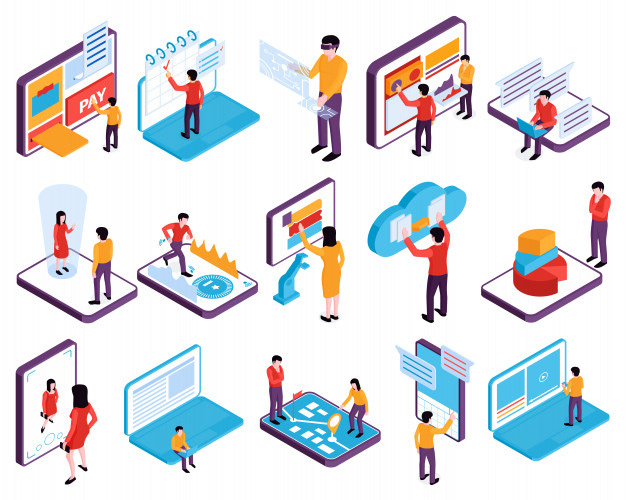Detailed Activities
To design the WLF Methodology the project will analyse via desktop research (all partners) the contents and scales for the innovative and web-based WLF Personal Excellence Assessment tool based on ‘Decent Work’ principles (ILO) and on recent EU-Directive 2019/1158 of the European Parliament and of the Council of 20 June 2019 , covering existing concepts of personal resilience, health promoting organisational processes and existing HRM strategies and practices. The project will also include an analysis of a new focus on remote work and home office arising from the coronavirus. These findings will be integrated with each other and aligned along the Excellence dimensions as described in the new EFQM Model.
– The software implementation will build upon researched parameters, as well as make use of the existing design of LOPEC’s Personal Excellence Tool (PEx). WLF will redesign the associated questionnaires informed by the current EFQM Excellence Model and add identified assessments informed by the research of the academic partners on the psychosocial and physical well-being and HRM related factors for a positive work-life balance.
To accelerate the technical development process and ensure a high stability of the application from the very beginning it will be implemented by IBK as part of their GOA-WorkBench® Software Library as a new web-based module that can be used through any type of browser.
– WLF Intervention & Training Modules, contents and accompanying innovative, virtual/distance and inverted training materials (guidelines, workbook, case studies) will be developed by UB and UC based on the initial content analysis as well as on the results of the first assessment in the different participating countries.
– The Multimedia supported self-learning modules of the overall training solution will be done by UBT as web-based learning materials making use of animated screens and supporting video clips or virtual reality add-ons wherever this supports the learning efficiency. The content for the WLF Intervention & Training Modules will be developed jointly by the 4 HEI Partners plus IBK and tested by the two end-user representing partners.
– Testing: The WLF project will follow a combination of the agile software development approach and the rapid prototype cycle with its parallelism of development and testing (Alpha, Beta & Gamma Cycles). Alpha Testing by the partners internally during the implementation phase. Beta Testing of the complete modules by all partners who were not involved in their direct development, plus at least one partner per country who comes from outside of the project team will take place. Gamma Testing of the fully integrated solution by complete outsiders will validate the technical stability of the solutions and ease of use; the benefits offered and the effectiveness of the training; the training approach and the usefulness of the training package for further individual use. At least 12 external pilot user organisations (DE 1, PT & XK 2, ES & IE 3) will involve around 500 persons in total to do this testing, with the local partners supporting them in this task.
– To discuss and improve the developed solution with a wider public a final international conference will be organized.







